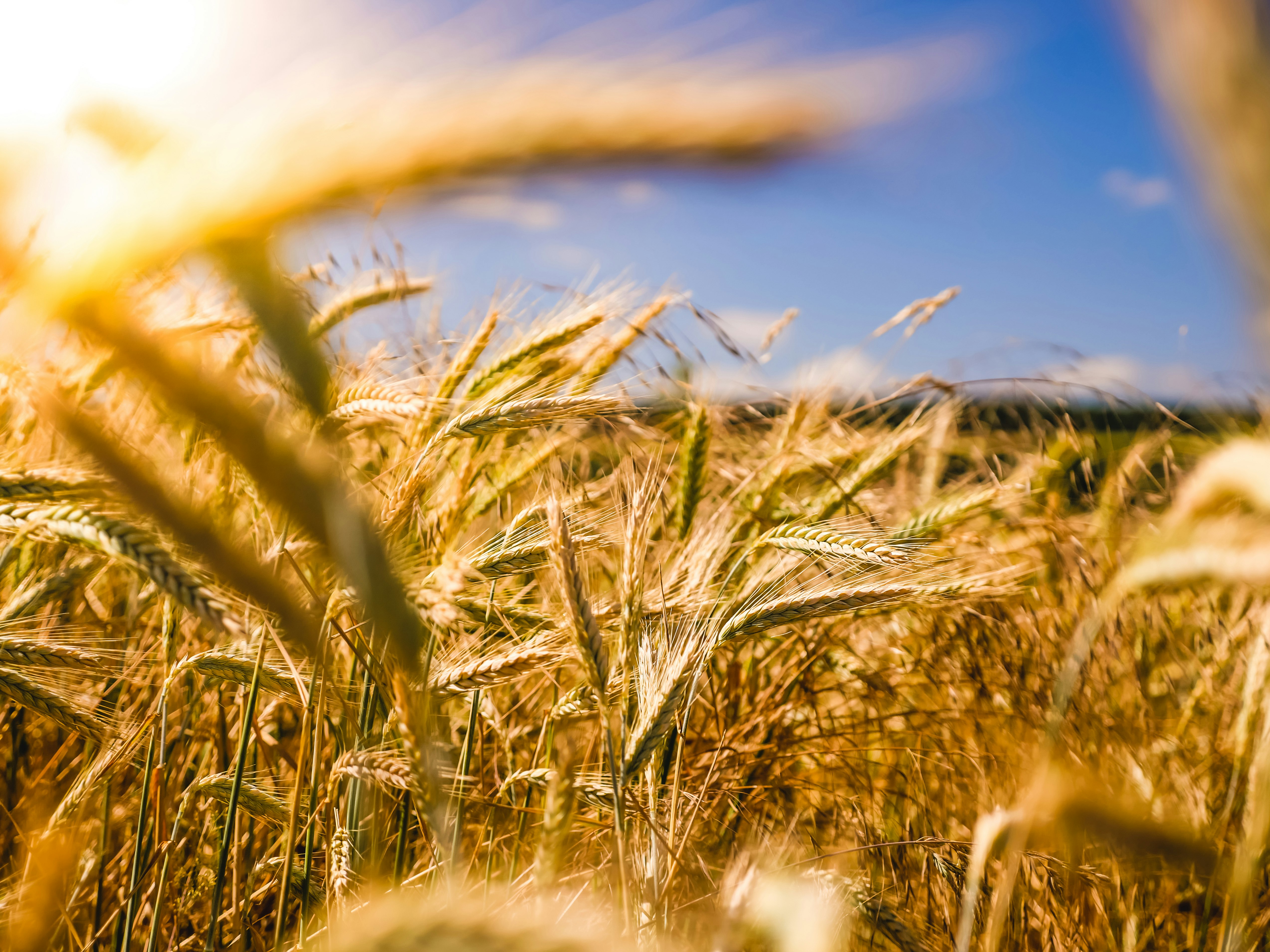The leading advantage of AI in agriculture is that it has the ability to increase productivity and efficiency. By analyzing vast amounts of data, including weather patterns, soil conditions, and crop health, AI-powered machines can make precise decisions about when and where to plant or harvest crops. With this level of precision, farmers can improve their yields and reduce waste. Furthermore, farmers can maximize their output and meet the rising food demand of a growing global population.
AI also plays a crucial role in addressing the challenges of climate change, which is one of the leading concerns today. With the weather patterns that are becoming increasingly unpredictable, AI-powered systems is capable of providing farmers with real-time insights and recommendations, enabling them to adapt their farming practices accordingly. Harnessing the power of AI allows farmers to minimize the negative impacts of climate change on their crops, ensuring that agriculture remains a sustainable and resilient industry.
AI technology also offers various other benefits to the agricultural sector. For instance, precision farming techniques made possible by AI enable farmers to optimize the use of resources, such as water and fertilizers, leading to cost savings and reduced environmental impact. AI uses smart sensors and data analytics to enable farmers to monitor crop health more effectively, identify diseases or pest infestations early on, and take targeted action to mitigate any potential damage.
AI-powered systems also help tackle the challenges posed by labour shortages. With the advent of AI technology, tasks that were once labour-intensive and time-consuming can now be automated. This frees up valuable time for farmers and reduces the reliance on manual labour, particularly in regions facing labour shortages. AI-driven automation tools, such as robotic harvesters and drones, enable farmers to complete tasks more efficiently and accurately, improving overall farm productivity.
With the help of AI, farmers also have the opportunity to enhance data-driven decision-making. AI allows the collection and analysis of vast amounts of agricultural data. This can generate valuable insights that empower farmers to make informed decisions. This data-driven approach helps farmers optimize crop rotation, fertilizer application, and irrigation management, resulting in increased crop yields and reduced costs. Furthermore, by harnessing AI technology, farmers can access a wealth of knowledge and expertise that can assist in overcoming challenges and improving farming practices.
The adoption of AI technology in agriculture is not limited to large-scale commercial farms. Although large-scale farmers can benefit, smallholder farmers can also improve their profits from AI-driven solutions. These technological advancements offer new opportunities for farmers to overcome the limitations of limited resources and expertise. By embracing AI technology, smallholder farmers can access real-time information, guidance, and support, enabling them to increase their yields, improve their livelihoods, and contribute to sustainable food production.
In conclusion, AI-powered technology has revolutionized the agricultural industry, offering a multitude of benefits to farmers, consumers, and the environment. Through increased productivity, enhanced resource management, and improved decision-making capabilities, AI is transforming traditional farming practices into efficient, sustainable, and highly productive systems. As the world faces the challenges of climate change, rising food demand, and labour shortages, AI technology in agriculture emerges as a powerful tool to tackle these issues and pave the way for more sustainable food.












